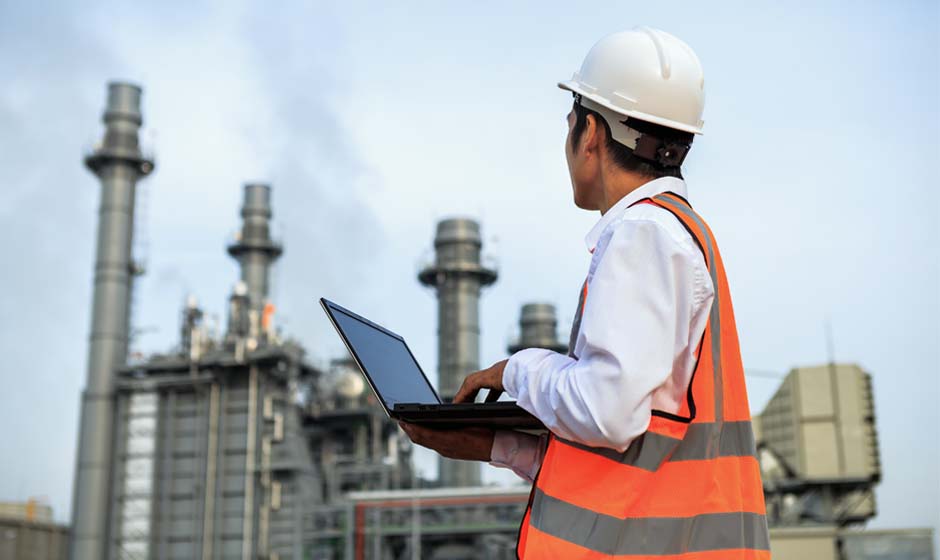The Importance of Hurricane Preparedness in Oil and Gas Operations
Offshore oil and gas operations are inherently vulnerable to natural disasters, including hurricanes, which can pose significant risks to personnel, infrastructure, and the environment. In this blog, we explore the importance of hurricane preparedness in oil and gas operations and highlight the key strategies and technologies used to minimize the impact of these extreme weather events.
Protecting Personnel and Assets
Protecting the safety of personnel and assets during a hurricane is of utmost importance. Evacuating personnel from offshore locations is the standard practice to ensure their well-being. Likewise, securing assets, such as drilling rigs, platforms, and production facilities, is critical to prevent damage or destruction. Preparing for a hurricane requires effective communication, emergency readiness protocols, and regular training exercises to ensure all personnel know what to do in the event of a storm.
Minimizing Downtime
Hurricanes can disrupt operations, causing downtime and substantial financial losses. To prevent downtime, comprehensive hurricane preparedness plans should include measures to secure equipment, shut down production safely, and activate emergency procedures. By minimizing the impact of storm-related disruptions, oil and gas operations can minimize losses and avoid prolonged downtime.
Protecting the Environment
Hurricanes can cause environmental damage, resulting in oil spills, leakages, and other harmful incidents. Preparedness plans should include measures to protect the environment by minimizing the risk of oil spills, controlling emissions, and ensuring compliance with environmental regulations. The implementation of advanced monitoring and sensing technologies can help respond to incidents promptly and prevent environmental damage.
Utilizing Advanced Technologies
Advancements in technology play a critical role in hurricane preparedness in oil and gas operations. For example, real-time weather monitoring can provide valuable insights into the direction, speed, and severity of hurricane-force winds, allowing operators to take corrective action well in advance. Similarly, the use of advanced sensing systems can help detect changes in variables such as pressure, temperature, and flow rates, allowing operators to act quickly to prevent damage or leaks.
Strategic Planning
Given the increasing frequency and severity of hurricanes, strategic planning is essential to minimize the impact of these events on oil and gas operations. Staying abreast of weather patterns, maintaining critical supplies, and coordinating with emergency response teams are crucial steps in preparing for potential hurricanes. Having contingency plans in place for worst-case scenarios, including evacuation protocols and emergency response measures, are essential for minimizing risk and ensuring continuity of operations.
Final Thoughts
Hurricane preparedness is a critical aspect of offshore oil and gas operations. As extreme weather events become more frequent and severe, it is essential for operators to have reliable and comprehensive preparedness plans in place to protect their personnel, assets, and the environment. By leveraging advanced technologies, strategic planning, and effective communication and training, oil and gas operations can ensure that they are ready to withstand the force of a hurricane and resume operations quickly and safely.

.jpg)

